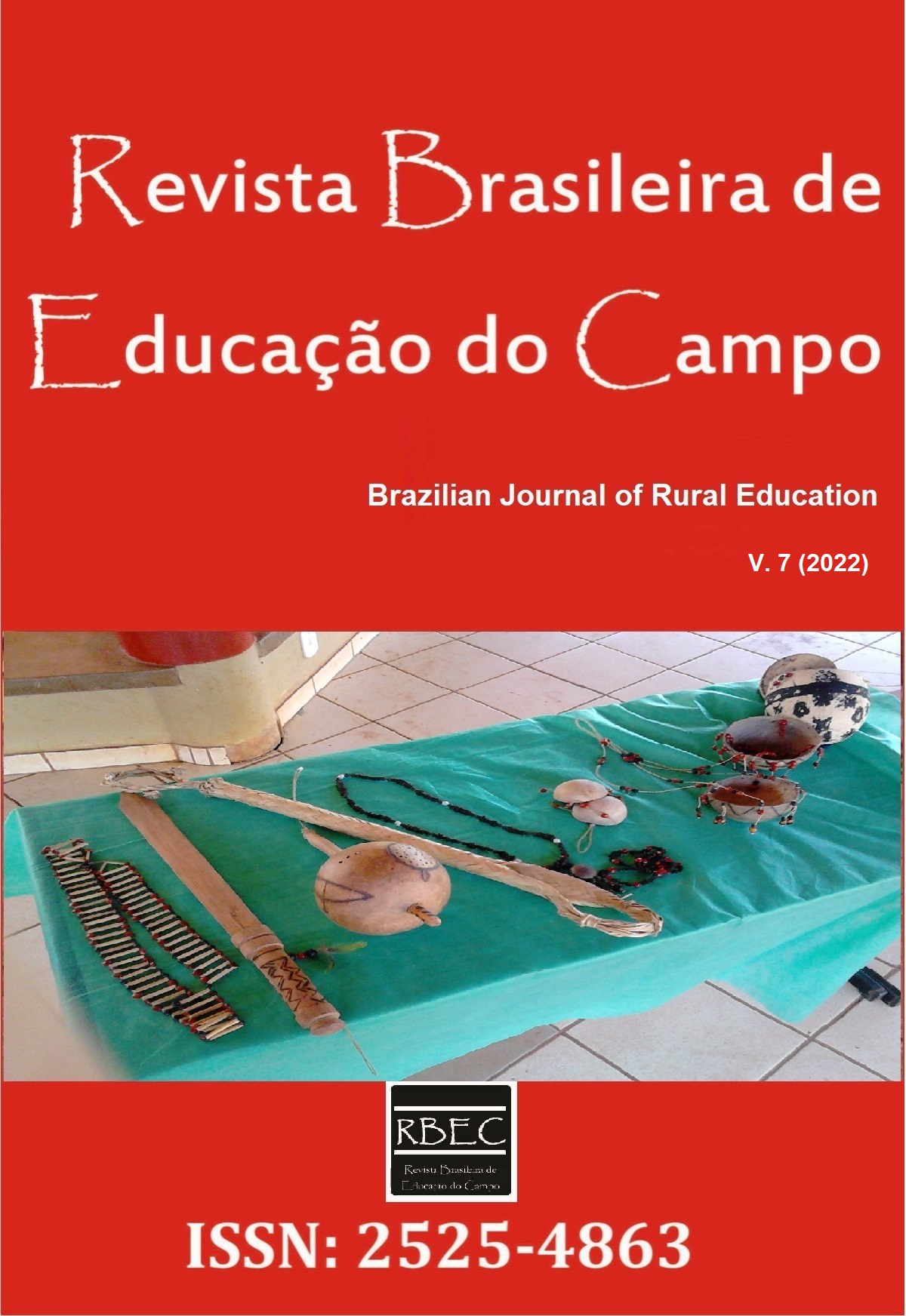Ensino bilíngue em Moçambique: entrevista com Professor Doutor Feliciano Chimbutane
DOI:
https://doi.org/10.20873/uft.rbec.e13420Abstract
A educação bilíngue, em Moçambique, é uma conquista da academia e da sociedade civil. O projeto começou desde o início da década de 1990, após ter-se percebido, que uma das causas de maior influência no insucesso escolar, no seio dos alunos do ensino primário, era a língua portguesa. Isso porque a maior parte das crianças que se matriculavam nas primeiras séries do Ensino Primário não falava o português a partir do seio familiar. Na sequência disso, começou-se o projeto experimental do ensino nas línguas moçambicanas, denominado PEBIMO, ou seja, Projeto Experimental de Ensino Bilíngue em Moçambique. O Professor Feliciano Chimbutane foi uma das figuras importantes do PEBIMO, tendo sido um dos consultores do Projeto. Esta entrevista, enquadrado no âmbito de pesquisado do campo para a tese de doutoramento, em andamento, visou a gerar informações da primeira mão sobre o andamento processo da inserção das línguas moçambicanas no ensino.
Downloads
Literaturhinweise
Uma Entrevista realizada no dia 25 de Fevereiro de 2019, na cidade de Maputo - Moçambique
Veröffentlicht
Zitationsvorschlag
Ausgabe
Rubrik
Lizenz
Copyright (c) 2022 Silvestre Filipe Gomes

Dieses Werk steht unter der Lizenz Creative Commons Namensnennung 4.0 International.
Creative Commons Attribution License
Creative Commons Attribution License
Proposal for Copyright Notice Creative Commons
1. Policy Proposal to Open Access Journals
Authors who publish with this journal agree to the following terms:
A. Authors retain copyright and grant the journal right of first publication with the work simultaneously licensed under the Creative Commons Attribution License that allows sharing the work with recognition of its initial publication in this journal.
B. Authors are able to take on additional contracts separately, non-exclusive distribution of the version of the paper published in this journal (ex .: publish in institutional repository or as a book), with an acknowledgment of its initial publication in this journal.
C. Authors are permitted and encouraged to post their work online (eg .: in institutional repositories or on their website) at any point before or during the editorial process, as it can lead to productive exchanges, as well as increase the impact and the citation of published work (See the Effect of Open Access).














